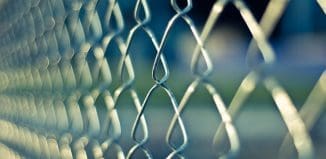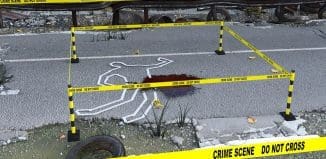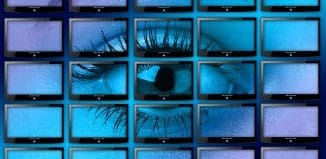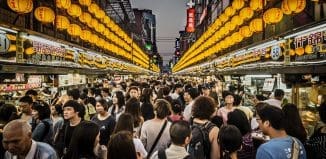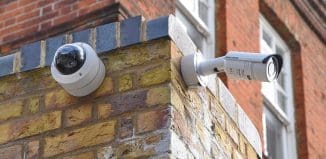Big Brother will get bigger in the wake of the Boston bombings
This post is also available in:  עברית (Hebrew)
עברית (Hebrew)

Video surveillance is big business but now it is expected to get even bigger… After law enforcement used closed-circuit television (CCTV) cameras to help identify the Boston bombing suspects. Lawmakers and surveillance advocates in the U.S renewed calls for increased numbers of cameras nationwide.
Law enforcement officials in New York are almost certain to oblige. NYPD Commissioner Ray Kellywants to “increase significantly” the amount of surveillance equipment in Manhattan, which already has one of the country’s most robust systems.
According to Forbes the argument for greater surveillance is straightforward. Horrible events in places like Boston is a reminder that we’re vulnerable. The best way to limit events like the bombings, the argument goes, is to accept 24-hour surveillance in public spaces. And when you see someone maimed by bomb shrapnel, privacy concerns sound coldly abstract.
No amount of security can completely eliminate risk, so it’s difficult to know where to draw the line. Are 10,000 cameras really twice as good as 5,000? In tragedy’s aftermath, it can be tough to have a serious conversation about how much to invest. But when the goal is to push risk as close to zero as possible, spending can asymptotically stretch into infinity.
Yet in the aftermath of the Marathon bombings, residents and law enforcement responded valiantly. A range of surveillance methods were used: public and private CCTV cameras, cell phone cameras, eye witnesses. The suspects were quickly identified, and killed or apprehended. If Boston had twice as many cameras, or 10 times as many, would the suspects have been identified more quickly? Would a larger, more centralized surveillance system have deterred them? Perhaps most importantly, would law enforcement have been able to prevent the bombs from going off in the first place?
According to critics of surveillance, cameras aid investigation and apprehension in the aftermath, not the prevention, of acts of terrorism. In London, which Rudy Giuliani called the “Hollywood studio” of surveillance, cameras played an instrumental role in quickly identifying the 7/7 bombers. Sadly, it was only after the fact.
Advocates of surveillance point to advancements in technology as proof that cameras will, in the future, enhance response and assist prevention. Leaders of video surveillance — companies like Lockheed Martin (LMT) and Northrop Grumman (NOC) — are shifting the industry from analog to digital, and into the uncanny, science-fiction realm of smart cameras.
The future of surveillance is “video analytics,” where computers will automatically analyze camera feeds to count people, register temperature changes, and, via statistical algorithms, identify suspicious behavior. No technicians required. Up to this point, surveillance has been limited by personnel: for surveillance to be useful in real-time, someone has to keep an eye on all those CCTV feeds.




